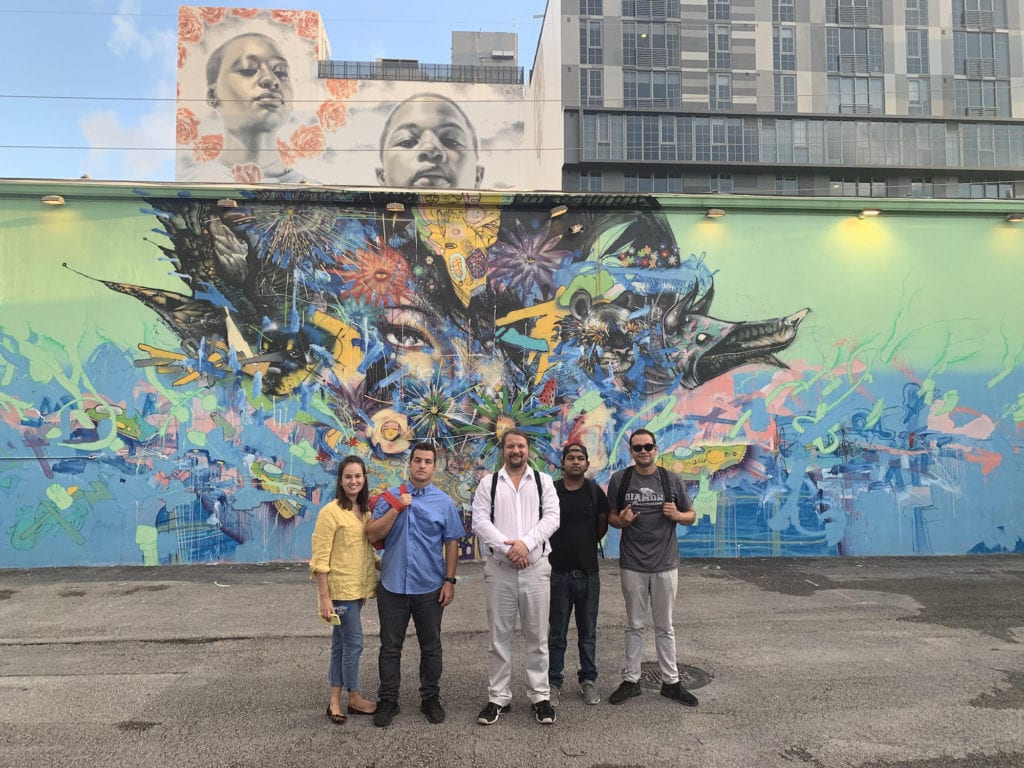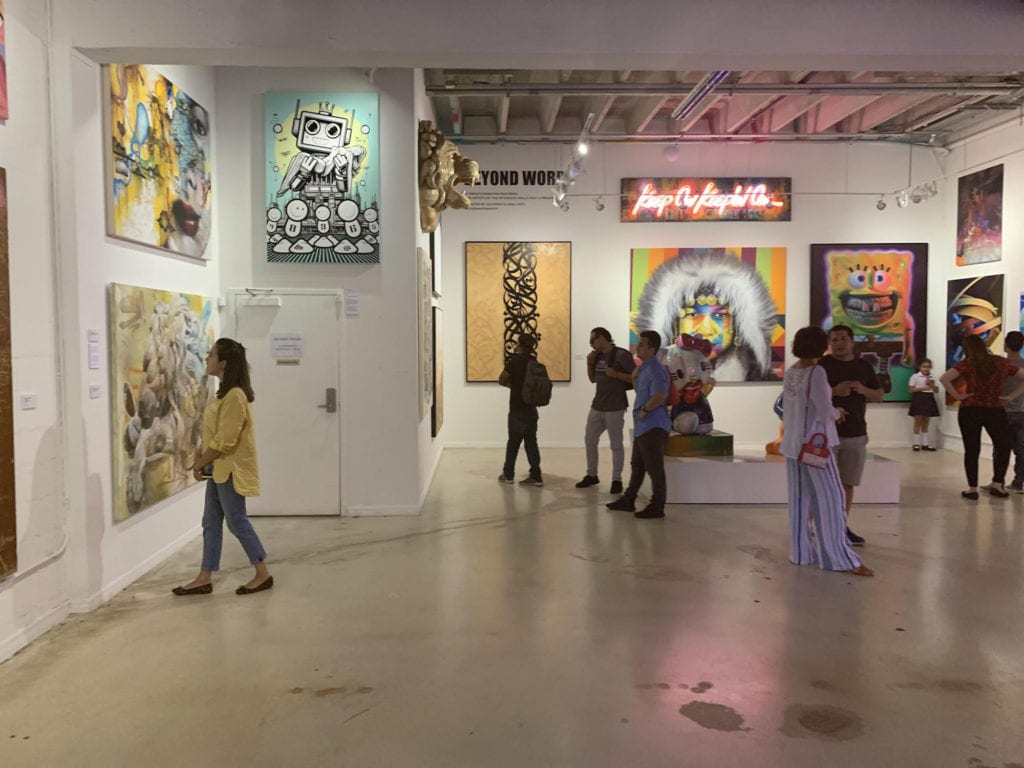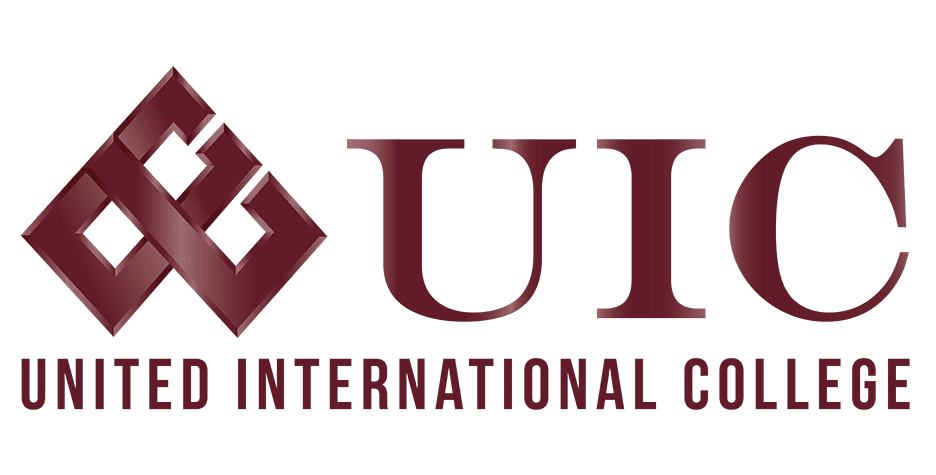Return to Blog
Post by Prof. Aleksander Chonevski
Wynwood Fieldtrip of UIC Students in Emancipation of the Thinking Critically Class with Prof. Chonevski Aleks
Theories of Thinking Critically (Chaffee, 2019; Kant, 1987; Freire, 1969; Bloom, 1956, and Dewey, 1933) are at the fundamental core of Socrates’ principles. United International students examined life’s experiences in their extracurricular class at an Art-Basel contemporary visualization in the Wynwood Walls art community. These thought-provoking visual methods are beyond mono languages, writings, and drawings of nonverbal communication and refer to general and moral conceptual judgments. The purpose of the field trip is to teach international Latin and Asian students how to analyze expressions of Wynwood’s fine art murals using indirect and direct lenses in their Thinking Critically class as well as learning self-reflective practices in the real world with Professor Chonevski.
By thinking critically, our student’s findings holistically expressed semantics with in-depth discussions which focused on questions and solutions for problem-solving while building transformative mapping support. When forming arguments derived from relevant and robust evidence of concepts in favorite paintings and authors, each student, thinking critically, is motivated by an adjustment of issues within their moral judgments. Students unfolded their free reasoning to construct an ontological and epistemological empathy, followed by unrestricted perceptions and beliefs.

Art-Basel Miami offers leading art exhibits 24/7 for twelve months, indoor as well as outdoor patio murals painted by artists from all around the globe. From a critically thinking aspect, United students were able to recognize specific themes when analyzing the Walls’ murals. These themes included social justice issues such as poverty, cross-cultural inequities, good vs. evil political allegories, pictures of racism, and well-known cultural roots that have become embedded in socialist and communist countries. These are topics that students can easily recognize and gives our Latin and Asian students an avenue for argumentative approaches when analyzing and debating art.
One Brazilian student, Ana, yelled, “This is a famous Brazilian picture by Kobra“. She explained that particular type of painting is very popular in Brazil, and it characterizes Brazilian urban art that features indigenous neck rings based on Brazilian cultural heritage. Ana’s enthusiastic expression powerfully captured her love of art and motivated her to analyze the famous murals from Brazilian and Latin artists.

This “live a life philosophy” enlightens students in their Thinking Critically experiences while investigating pictures based on their own “truths.” Professor Chonevski’s students, Ricardo, Sid, Ana, and Renan, experienced a genuine sense of self-reflection when connecting Wynwood’s murals. Within the insight of their creative visions and vivid imaginations, these students’ basic critical thinking lessons constructed a base of freedom by eliminating constraints. This trip to Wynwood was successful in that it helped identify their roots and values and promoted the importance of being involved in their communities for future endeavors and career paths. The murals opened many conversations for strong perceptions with conclusions and endorsed their subjective opinions with inductive reasoning, which produces soundness. International students express their freedom through validity by introspectively approaching the pathway to who they are, validating their business skills when learning different views, critical interests to further and establish the right to choose what is “good student life and what to expect in one’s own life.” According to Chaffee (2019):
“Truth is that you will discover as you strive, through your daily choices, to create yourself as an authentic individual, committed to enhancing the lives of others, fulfilling your unique potential, and attuning yourself to your essential nature and the mysteries of the universe” (p. 550).
Professor Aleksandar Chonevski and United International College in Florida have enlightened their international critically thinking students for many years by developing the student’s philosophy when learning the American way for practical life and expressing who they are – Cogito ergo sum, and who they want to be. In a Thinking Critically class, many case studies using practical freedom, recognize internal and external constraints by accepting the correct way of thinking that help students determine their own life and career paths when overcoming many of life’s obstacles and when evaluating their possibilities based on knowledge.

